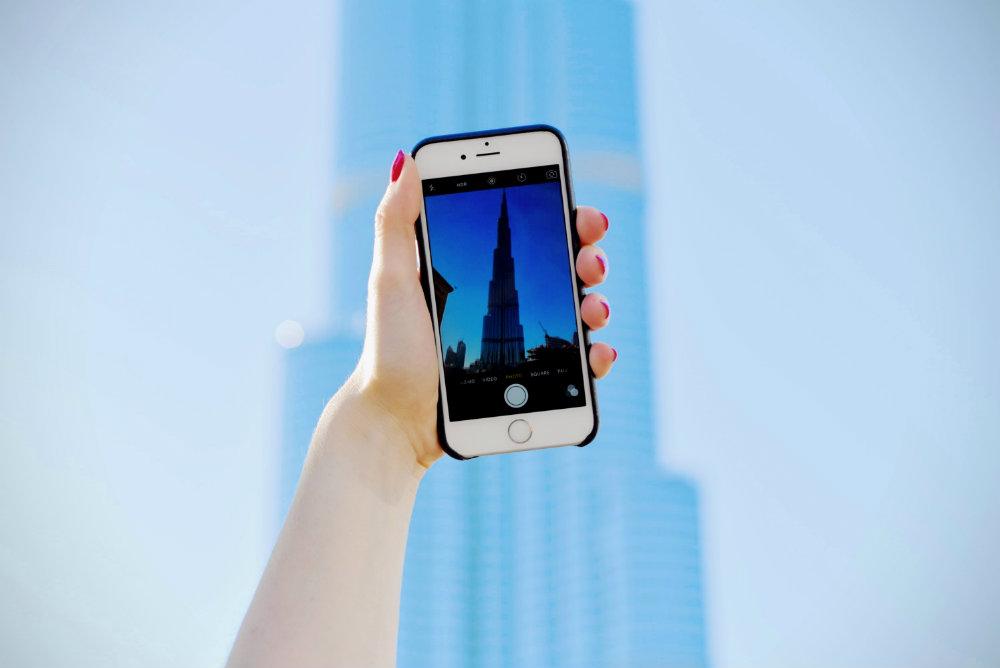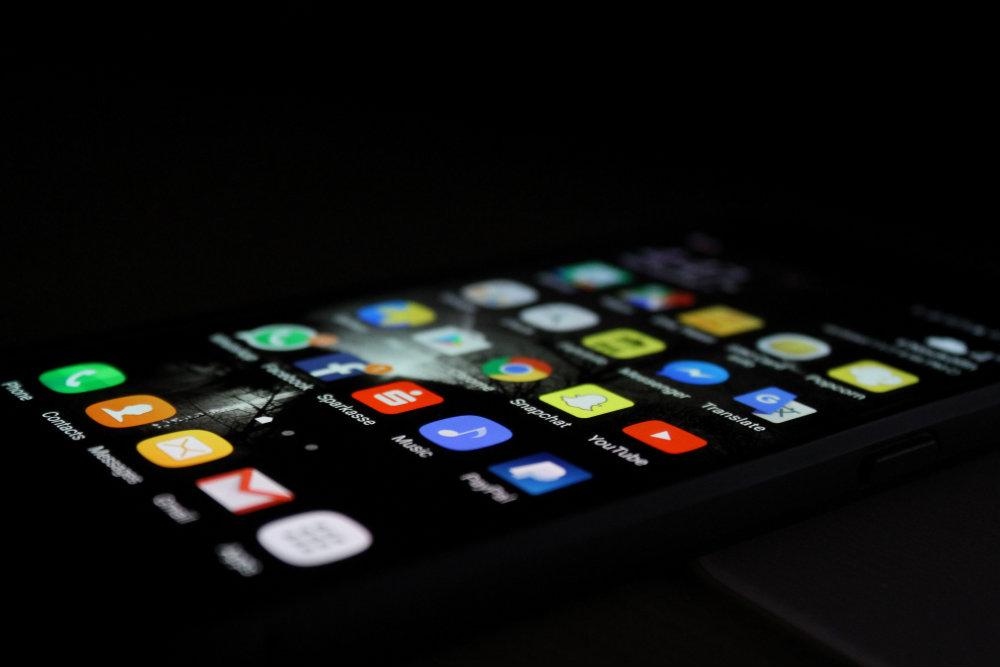Blog

If your business is considering joining Instagram, it is good to understand the basics first. There is a certain vocabulary that goes along with Instagram. After you've been using the platform for a little while that lingo comes as second nature, but if you are an Instagram newbie you may be wondering what on earth a feed and filter is. So, here we go, your first Instagram vocabulary list.

Do you Facebook's Pages Manager app on your smartphone? The app is a great way to manage your business' Facebook page when you're on the go. It also gives you the ability to manage multiple Pages, which is great if you're an agency that manages many different Pages for clients.
Recently, Facebook completely redesigned the app, giving it an updated look and easy to use navigation. The new design is available for iOs and Android users and is free in the App Store. Here are a few things you should know about the app:

Every now and then, I like to take a look at how I can relate some general themes in the TV shows I watch to marketing. It’s fun to make connections between the real world and fantasy – and sometimes it’s amazing what you find. So today, I’m bringing you… 5 Marketing Tips from Game of Thrones! Enjoy! Spoilers, obvi.

As a small business, it can be difficult to stand out on social media. While larger, more recognizable brands can easily attract followers on platforms like Facebook, Instagram and Twitter, smaller businesses have to work harder to get their name out there and encourage interaction. There is a certain advantage, however, that small businesses have over larger brands when it comes to social media. They're local!

The Internet is a prevalent force in our society today. We perform so many of our daily tasks online -- shopping, communicating, finding information, etc. As the Internet becomes more and more prevalent, having a quality online presence becomes more and more of a necessity. Gone are the days when great web design was a luxury. It is essential that your site's design -- both on a desktop and mobile -- accurately represents your brand and allows your audience to easily connect with you.The look of your website is what makes viewers decide whether to stay or leave. It is often the first impression they'll ever get of your business, so it needs to be great! Unfortunately, there are several common misconceptions about web design that we hear over and over. We've listed them below in hopes of finally setting the record straight.

Pay attention: your competitors can teach you a lot! In this age of social media, studying your competition has never been easier. By keeping an eye on their posts and tweets, you can learn what works in your industry and what doesn't. Watch what people are saying about them on their social media pages. If their customers are upset about something, offer a solution. If their customers are happy, take note of what they're doing and find ways to apply it to your own social media strategy.
The key is to not just copy what they're doing, but to do it better!

Pinterest is a great place to show off your products, services and company culture, but it is important that you keep the page from growing stale. Here are some quick and easy ways you can optimize your page to get better results!

Forget mailing a letter or making a phone call. Social media is the new platform for customer service. The problem is that consumers using social media expect a quick response and brands, unfortunately, aren't delivering. In fact, 80% of customer service inquiries go unanswered on social media. This is bad!

To celebrate Valentine's Day, we asked a few people to tell us why they love Addison Clark. The Valentine's they sent us were awesome. Thanks, guys! We're blushing a little...

Chances are, by now, you have heard plenty of reasons why email marketing is good for your business. Trust us when we say: It's not a bunch of baloney. Email marketing is one of the best ways to get your message in front of your target audience. Think about it: how often do you check your email? If you're like most people, it's probably every day and multiple times during the day. Whether you want to build brand awareness, share company news, advertise a promotional offer or generate leads, email marketing is a tried and true method. If it's done right, it can be a very powerful component of your marketing strategy.
Subcategories
Like what you read? Want to see more blog posts?
Have a marketing question? Want to talk?


